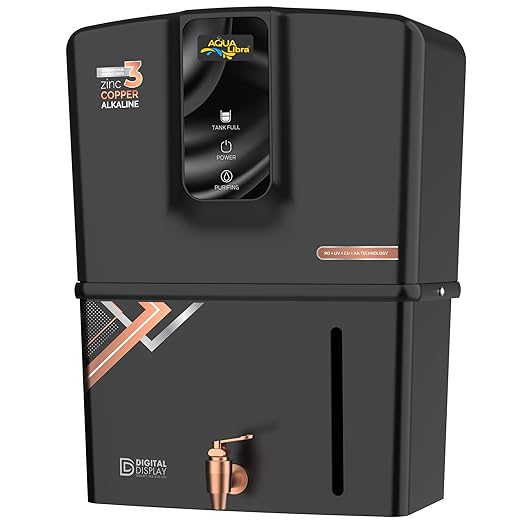India is confident of achieving commerce worth $100 billion with Russia before the target date of 2030 though the two sides need to address constraints to ensure trade is more balanced, external affairs minister S Jaishankar said on Tuesday.
The two sides have seen “perceptible progress” in tackling challenges to trade, especially issues related to payments and logistics, but there is “still some work to be done”, Jaishankar said while co-chairing a meeting of the main body that oversees bilateral trade and technical cooperation with Russia’s first deputy prime minister Denis Manturov.
Jaishankar’s remarks built on his comments at the India-Russia Business Forum in Mumbai on Monday about the need to address the imbalance in bilateral trade. India has run up a trade deficit of almost $57 billion with Russia, largely due to massive purchases of Russian crude since 2022. In July, the two sides set a target of ramping up trade to $100 billion by 2030.
India is confident about achieving this trade target well before 2030, Jaishankar said in his opening remarks at the meeting of the Intergovernmental Commission on Trade, Economic, Scientific, Technical and Cultural Cooperation (IGC-TEC) as the two economies are complementary and benefit from “trust and confidence built over many years”.
While growth in bilateral trade, currently estimated at $66 billion, is impressive, the two sides have some way to go in tackling challenges, Jaishankar said.
“Our goal is that [trade] needs to be more balanced and that will require addressing current constraints and undertaking greater facilitative efforts. Making it easier to do trade should be accompanied by progress in negotiations on the India-Eurasian Economic Union FTA,” he said.
“There have been challenges to trade, especially in regard to payments and logistics. Perceptible progress has been made in that regard but there is still some work to be done,” he said, in an apparent reference to problems created by Western sanctions on Russia.
Manturov noted trade was up by 9% during the first eight months of 2024 but agreed with Jaishankar on the need to diversify the trade basket. He said two-way trade has grown more than five-fold in the past five years and India is now Russia’s second largest trade partner. In addition to procuring agricultural products from India, Russia is also importing industrial equipment, components, and pharmaceutical drugs, he said.
Further expansion of the trade basket and reducing the trade imbalance will be part of the programme for economic cooperation till 2030, and Russia is strongly committed to the signing of an FTA between India and the Eurasian Economic Union, as well as a bilateral agreement on services and investments, Manturov said.
The settlement of trade in local and alternative currencies is now approaching 90%, and it’s necessary to continue expanding relations between Indian and Russian banks, he said. Manturov also called for expanding direct flights between two sides as only Russia’s Aeroflot now operates 12 flights a week from Moscow and Ekaterinburg to New Delhi and Goa.
The external affairs ministry said in a statement that Jaishankar and Manturov directed 14 working groups and six sub-groups under the IGC-TEC to speedily finalise the programme for economic cooperation till 2030 and to take steps to enhance market access to achieve the trade target of $100 billion.
Among the issues discussed at the meeting were cooperation in trade, investments, hydrocarbons, nuclear energy, connectivity, agriculture, science and technology, IT, pharmaceuticals, healthcare, fertilisers and education.












